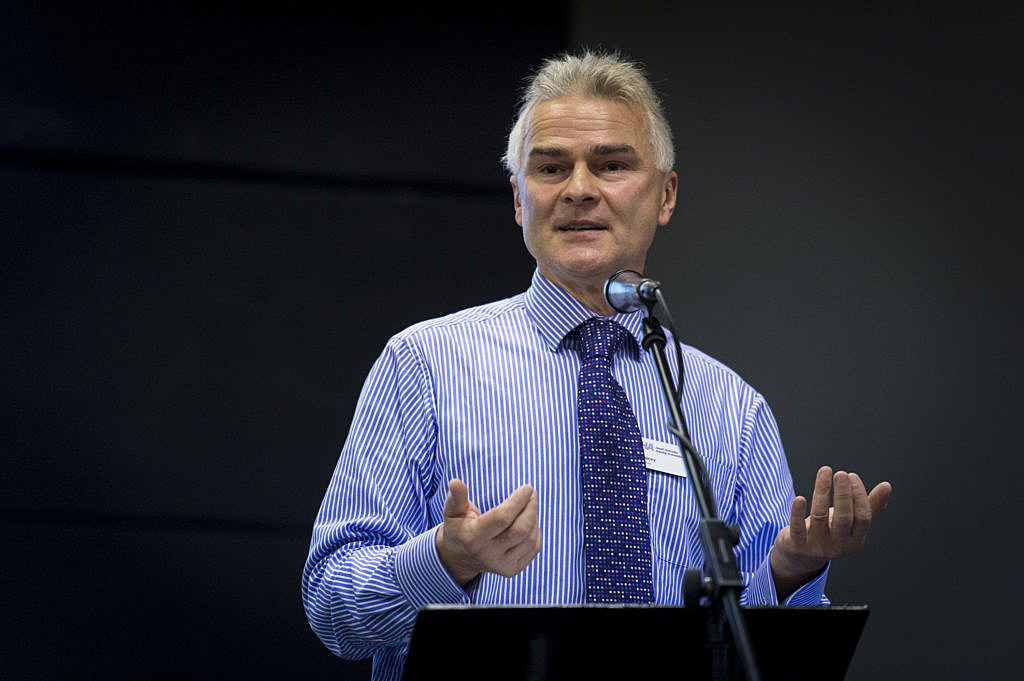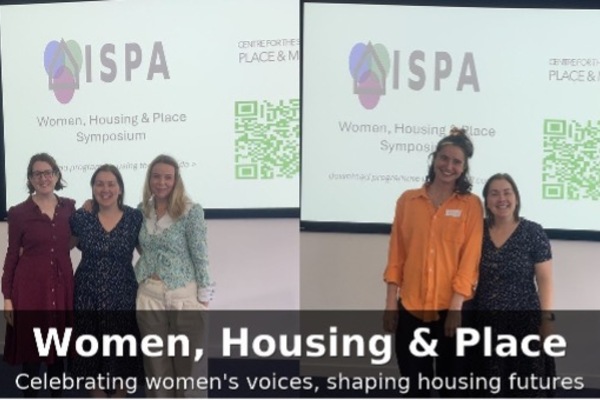
In the run up to the HSA annual conference, Tony Stacey (Chief Executive, South Yorkshire Housing Association) reflects on the role of practitioners and researchers in addressing housing issues in the UK.
In a statement which, I can only imagine, she will live to regret, the Minister who is currently leading on homelessness, Heather Wheeler MP, said she did not know why homelessness has increased. Many people have taken her to task. If we do not understand why things happen, how can we possibly go about sorting them out?
Our country is currently faced with more wicked issues than at any time I can remember in a housing career spanning over 30 years.
How did the Grenfell tragedy happen, and how can we ensure it never happens again?
How do we solve the housing crisis?
How can so many people be sleeping on the streets of the fifth richest country in the world?
Why have we made virtually no progress in integrating the housing, health and social care agendas?
Can Universal Credit be made to work?
Without a reasoned, dispassionate analysis of cause-and-effect, how can we make things better and ensure we do not repeat the mistakes of the past?
One of the main ways in which practitioners and researchers come together is when policy makers are on the verge of making a false move. This happens all the time, under Governments of all political persuasion. It can be as a result of political dogma or faulty analysis. I will never forget the National Housing Federation’s Chief Executive, David Orr, saying in his inaugural speech to conference that one of the roles of the NHF was to “stop bad things happening!”
The most obvious, direct example we have experienced at SYHA was George Osborne’s ridiculous decision to impose the LHA Caps on Care and Supported Housing for vulnerable people. The high point for us last year was undoubtedly October 25th, when the Prime Minister announced in the House of Commons that the Government had decided to change its mind.
At a recent HSA seminar I asked Lord Bob Kerslake, the former Head of the Civil Service, whether he thought that politics or evidence had led to the government U-turn. He answered “it’s always the politics!” However, he went on to acknowledge that, without the evidence that housing associations and researchers had submitted to government and which had been used to brief local MPs, the policy reversal would never have happened.
I sometimes think that the divide between researchers and practitioners is artificial. Certainly, the dividing line is becoming increasingly blurred. At SYHA, this is particularly the case given that the new Chair of the Board is Professor Ian Cole, the former Head of Sheffield Hallam’s CRESR unit.
As practitioners we collect data all the time. We want to know what works, how genuine best value can be provided and where our resources can make the most impact. Yes, professional researchers have the time, the skills and the tools to take this further, but the two sides should work together in lock-step.
Practitioners detect the emerging issues first. They collect the data, scope areas to be explored and, on occasions, identify funds to support further analysis. Similarly, there is a responsibility on researchers to ensure that their work is focussed on those areas where they can have the most impact for social good, and which are of most benefit to practitioners. I doubt if any researchers just follow the funding any more.
If we are to improve policy and practice we need to influence each other, understand each other’s perspectives, and – well just get into the same room together. The HSA conference is a great opportunity to do just that.
Thank you to South Yorkshire Housing Association for their sponsorship of HSA 2018.






